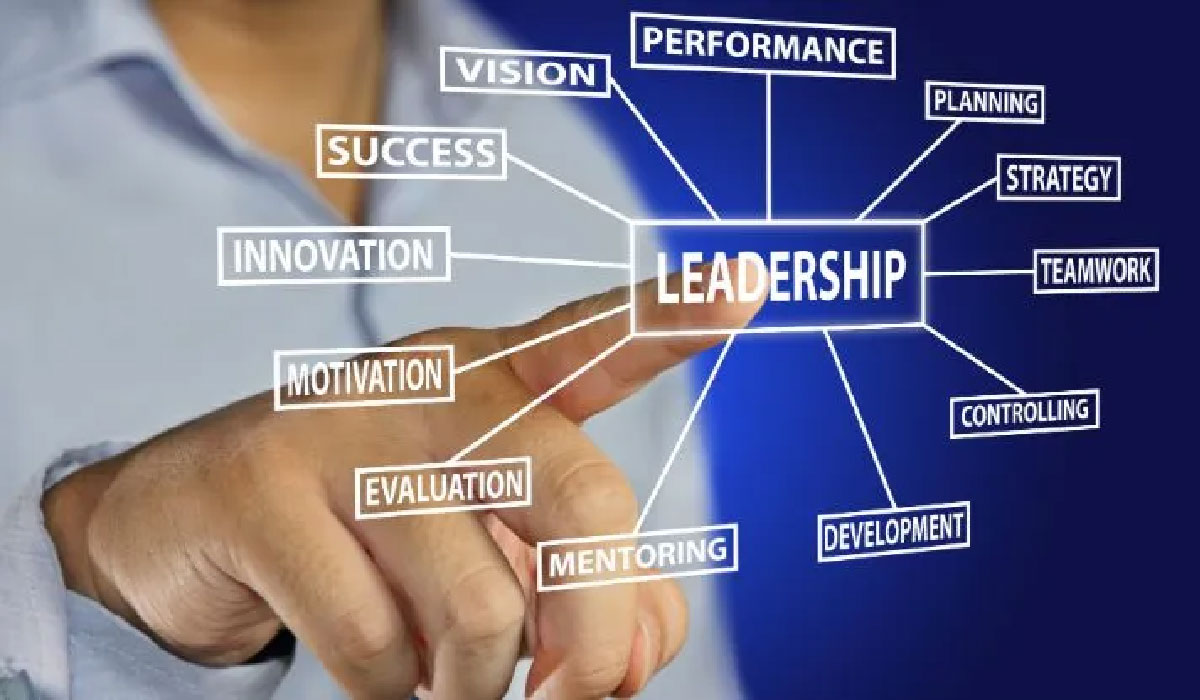In today’s dynamic and competitive business environment, the role of leaders is more critical than ever. Effective leadership is the cornerstone of any successful organization, influencing everything from company culture to strategic direction. This article explores why bosses and those in leadership positions must develop the skills necessary to run businesses effectively.
Setting Vision and Strategic Direction
One of the primary responsibilities of leaders is to set a clear vision and strategic direction for the organization. This vision acts as a guiding star, aligning all activities and decisions with the overarching goals of the company.
- Defining Purpose: Leaders articulate the organization’s mission and values, providing a sense of purpose and direction for employees. A well-defined vision helps employees understand their role in achieving the company’s goals, fostering a sense of commitment and motivation.
- Strategic Planning: Effective leaders are skilled in strategic planning, analyzing market trends, and anticipating future challenges. They develop comprehensive plans that outline the steps needed to achieve the organization’s objectives. This strategic foresight is essential for navigating the complexities of the business environment and ensuring long-term success.
- Adaptability and Innovation: In a rapidly changing world, leaders must be adaptable and open to innovation. Developing the ability to pivot and embrace new opportunities is crucial for staying competitive. Leaders who foster a culture of innovation encourage their teams to think creatively and explore new ideas, driving continuous improvement and growth.
Building a Positive Organizational Culture
The culture of an organization is a reflection of its leadership. Positive organizational culture is vital for employee satisfaction, retention, and overall productivity. Leaders play a pivotal role in shaping and maintaining this culture.
- Modeling Behavior: Leaders set the tone for the organization by modeling the behaviors and values they wish to see. Demonstrating integrity, accountability, and empathy helps build a culture of trust and respect. Employees are more likely to emulate these behaviors, leading to a cohesive and supportive work environment.
- Engagement and Inclusion: Engaging with employees and promoting inclusivity are key aspects of effective leadership. Leaders who actively listen to their employees, value their input, and involve them in decision-making processes create a sense of belonging and empowerment. This inclusive approach enhances employee morale and loyalty.
- Conflict Resolution: Developing skills in conflict resolution is essential for maintaining a harmonious workplace. Leaders must be able to address issues promptly and fairly, ensuring that conflicts are resolved constructively. This ability to navigate difficult conversations and mediate disputes contributes to a positive and productive organizational culture.
Enhancing Team Performance
A leader’s ability to enhance team performance directly impacts the organization’s success. Effective leadership involves motivating, inspiring, and guiding teams toward achieving high performance.
- Motivation and Inspiration: Leaders inspire their teams by setting high standards and leading by example. Communicating a compelling vision and providing recognition for achievements fosters a culture of excellence and motivation. Employees who feel inspired by their leaders are more likely to go above and beyond in their roles.
- Skill Development: Leadership development includes identifying and nurturing the potential of team members. Leaders provide opportunities for professional growth, offering training and development programs that help employees enhance their skills and advance their careers. Investing in employee development benefits both the individual and the organization.
- Performance Management: Effective leaders set clear expectations and provide regular feedback. They hold their teams accountable for their performance, addressing issues constructively and celebrating successes. This approach ensures that everyone is aligned with the organization’s goals and working towards common objectives.
Fostering Innovation and Managing Change
In an ever-evolving business landscape, the ability to foster innovation and manage change is crucial. Leadership development equips leaders with the skills needed to drive innovation and guide their organizations through periods of change.
- Encouraging Creativity: Leaders who value creativity and encourage new ideas foster an innovative culture. Creating an environment where employees feel safe to experiment and take risks leads to the development of novel solutions and continuous improvement.
- Change Management: Effective leaders are skilled in managing change. They understand the dynamics of change and can lead their teams through transitions smoothly. Clear communication, addressing concerns, and providing support are essential for minimizing resistance and ensuring the successful implementation of changes.
- Risk Management: Leadership development includes the ability to assess and manage risks. Leaders must be able to identify potential risks and develop strategies to mitigate them. This proactive approach helps organizations navigate uncertainties and capitalize on opportunities.
Leadership Development
Investing in leadership development is crucial for cultivating the skills needed for effective leadership. Organizations that prioritize leadership development can build a pipeline of capable leaders who are prepared to drive success.
- Training Programs: Structured training programs provide leaders with the knowledge and skills needed to excel in their roles. These programs cover a range of topics, including strategic planning, communication, conflict resolution, and decision-making.
- Mentorship and Coaching: Mentorship and coaching are valuable components of leadership development. Experienced leaders can provide guidance, share insights, and offer feedback to help emerging leaders grow. This personalized support accelerates development and builds confidence.
- Continuous Learning: Leadership development is an ongoing process. Encouraging leaders to engage in continuous learning through workshops, seminars, and online courses helps them stay current with industry trends and best practices. This commitment to lifelong learning ensures that leaders remain effective and adaptable.
Impact on Business Outcomes
Developing leadership skills has a direct impact on business outcomes. Effective leaders drive organizational success by enhancing performance, fostering innovation, and creating a positive work culture.
- Increased Productivity: Skilled leaders can boost productivity by motivating employees, streamlining processes, and removing obstacles. This increased efficiency translates into higher output and better results for the organization.
- Higher Employee Satisfaction: Leadership development leads to higher employee satisfaction. Engaged and satisfied employees are more likely to be productive, loyal, and committed to the organization’s success. This positive work environment reduces turnover and attracts top talent.
- Sustainable Growth: Effective leadership is essential for sustainable growth. Leaders who can navigate challenges, seize opportunities, and drive continuous improvement position the organization for long-term success. This stability and growth benefit all stakeholders, including employees, customers, and investors.
Conclusion
Developing leadership skills is essential for personal and organizational success. Effective leadership drives vision and strategy, shapes a positive organizational culture, enhances team performance, and fosters innovation. Investing in leadership development equips leaders with the skills needed to navigate the complexities of the business world and achieve outstanding results. By prioritizing leadership development, organizations can build a strong foundation for sustained growth and success.












